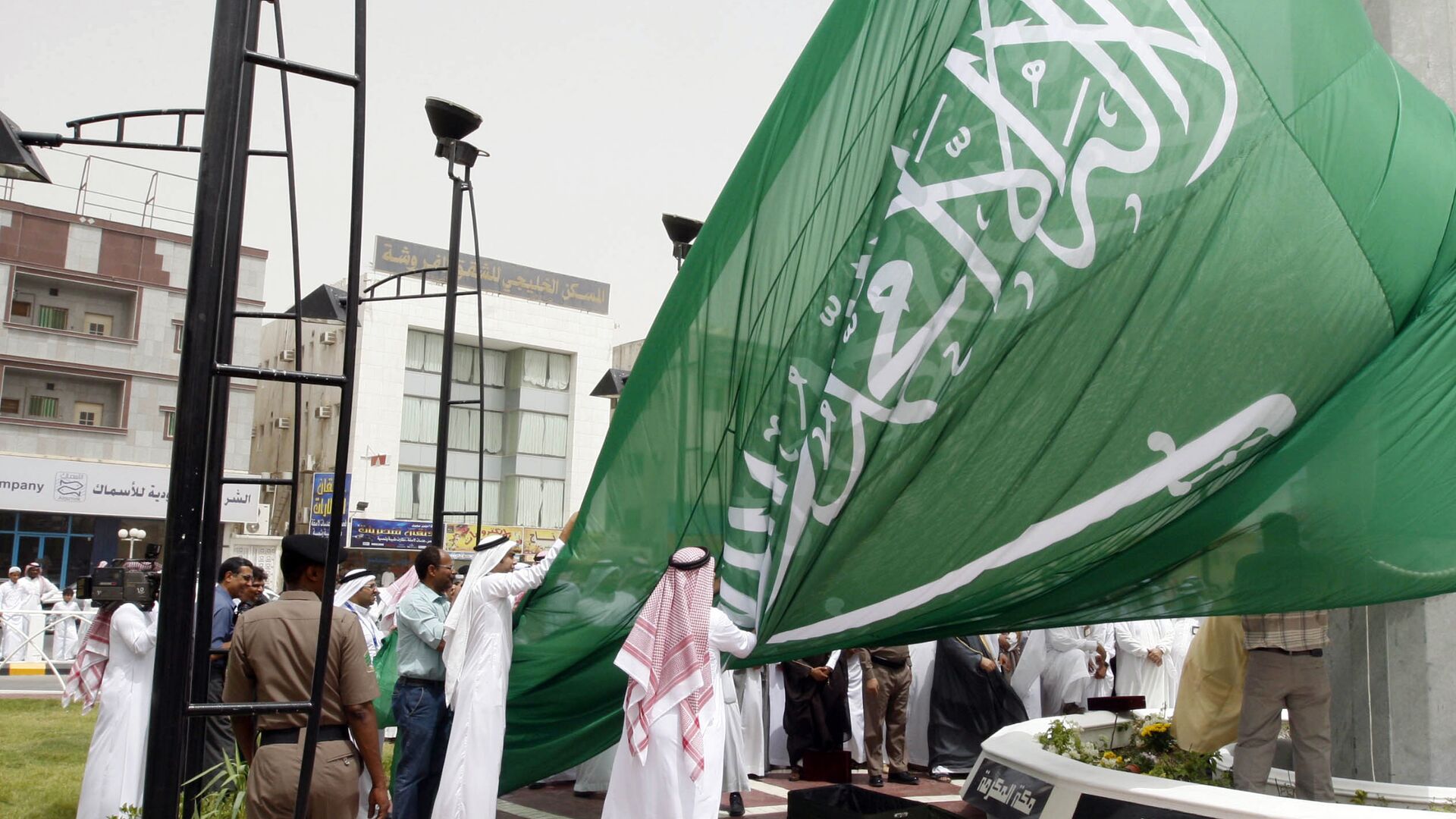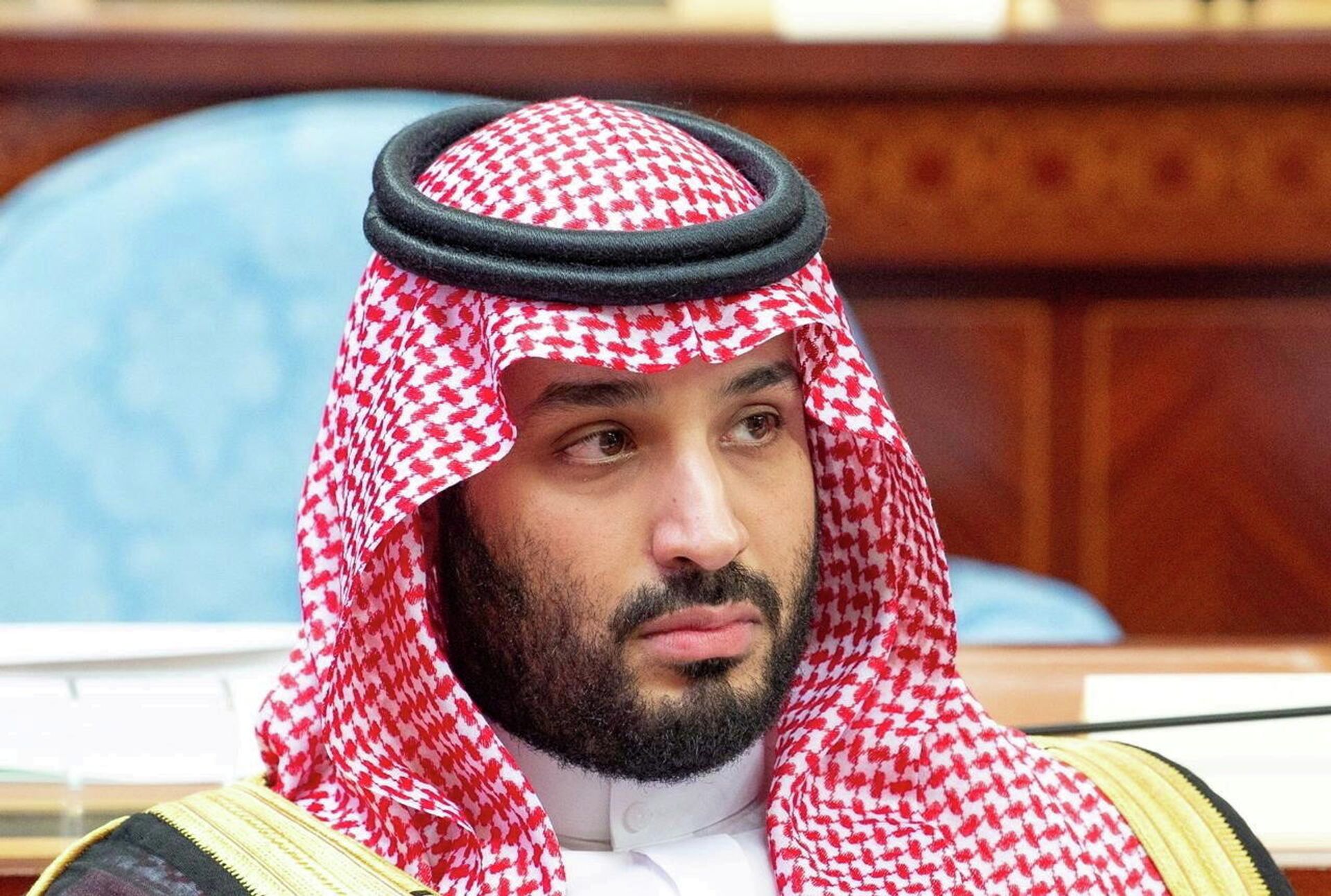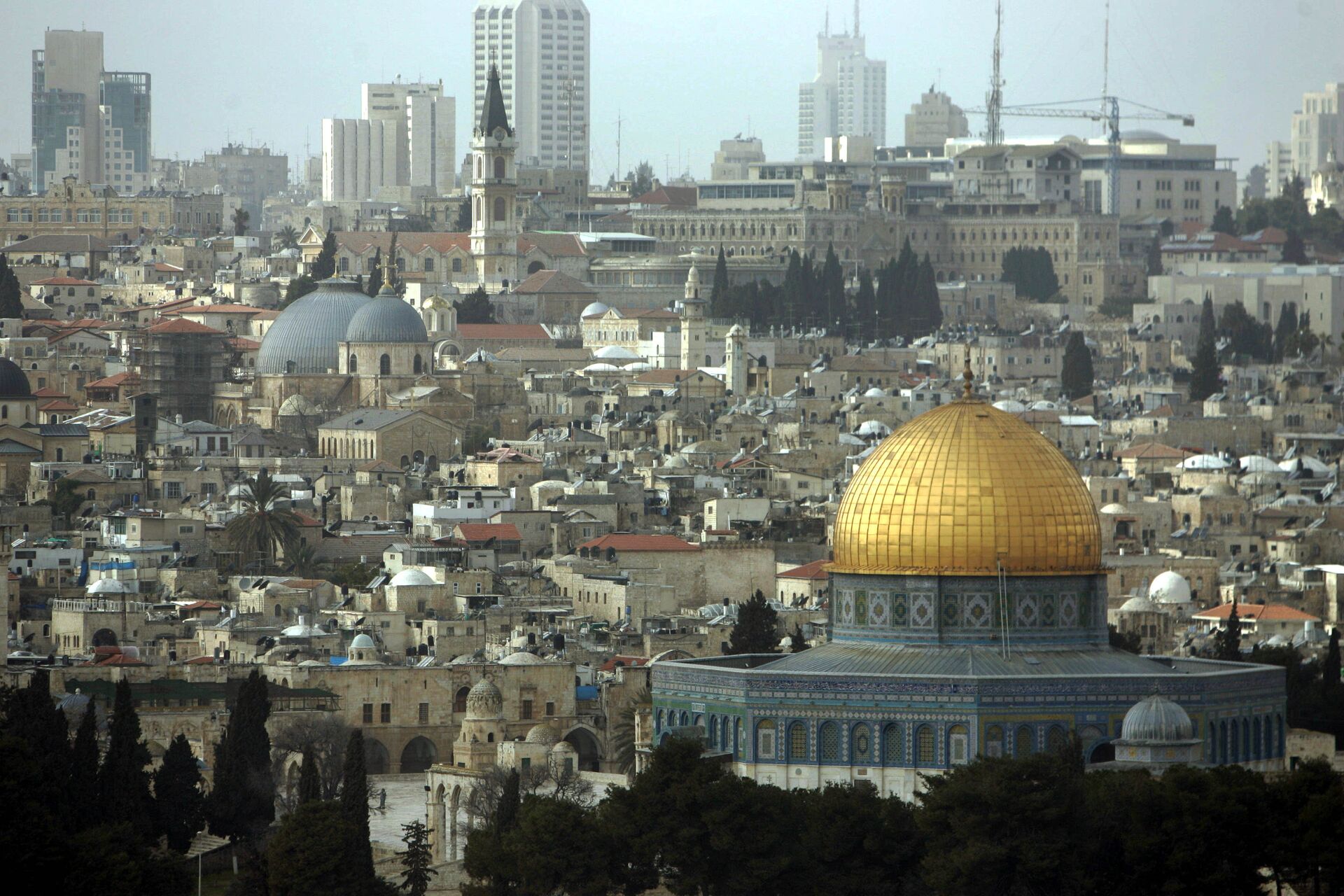https://sputnikglobe.com/20211028/why-saudi-israeli-relations-remain-tepid-despite-rumours-of-advanced-talks-to-normalise-ties-1090271094.html
Why Saudi-Israeli Relations Remain Tepid Despite Rumours of 'Advanced' Talks to Normalise Ties
Why Saudi-Israeli Relations Remain Tepid Despite Rumours of 'Advanced' Talks to Normalise Ties
Sputnik International
Although reports suggest that the Biden administration is pushing Riyadh to follow in the footsteps of the UAE, Bahrain, and a number of other Muslim states, a... 28.10.2021, Sputnik International
2021-10-28T07:14+0000
2021-10-28T07:14+0000
2021-10-28T07:14+0000
saudi arabia
joe biden
us
middle east
israel
crown prince mohammed bin salman
https://cdn1.img.sputnikglobe.com/img/103986/29/1039862994_0:239:2529:1662_1920x0_80_0_0_086fe8be48bda56508f110356a828441.jpg
Just several days ago, moods were high in Israel after one of the country's leading websites, Globes, released a report indicating that Saudi Arabia was holding advanced talks to normalise relations with the Jewish state.Other reports suggested that the Biden administration was applying pressure on the Saudi leadership to recognise Israel and join the club of five Muslim nations - the United Arab Emirates, Bahrain, Sudan, Morocco, and Kosovo - that normalised ties a year earlier.Relations Unlikely?Ahmed Al Ibrahim, a Riyadh-based political analyst, confirmed that the Americans were holding talks with the Saudis but he doubted these would turn into concrete steps to bring the Kingdom and Israel closer together.One of the reasons for this, says the expert, is that the Saudi leadership does not feel comfortable with the current US administration and would not feel at ease with it mediating between Riyadh and Tel Aviv.Since January, when Biden took office, Riyadh has been getting constant indications that the nature of US-Saudi ties would change.Weapons supplies to the country approved by the Trump administrations were reviewed, Biden refused to meet with Crown Prince Mohammed bin Salman (MBS), and Washington stressed its concern about alleged human rights violations in the country and allegations of MBS' involvement in the murder of Saudi journalist Jamal Khashoggi.The Palestinian IssueBut a strain in ties between Riyadh and Washington is far from being the only reason Saudi-Israel ties remain tepid, at best, and the Gulf source says another major factor blocking progress is the Palestinian issue.Al Ibrahim agrees that the Palestinian issue still presents a major challenge.It is difficult to guess what that "something" might be. It might be for Israel to freeze its ongoing settlement activity in the West Bank. It could be assurances about the safety of the Al-Aqsa Mosque on Jerusalem's Temple Mount that has seen clashes between Jews and Arabs. And it could be major concessions to the Palestinians, the improvement of their living conditions, or guarantees that they will get an independent state.
saudi arabia
israel
Sputnik International
feedback@sputniknews.com
+74956456601
MIA „Rosiya Segodnya“
2021
News
en_EN
Sputnik International
feedback@sputniknews.com
+74956456601
MIA „Rosiya Segodnya“
Sputnik International
feedback@sputniknews.com
+74956456601
MIA „Rosiya Segodnya“
saudi arabia, joe biden, us, middle east, israel, crown prince mohammed bin salman
saudi arabia, joe biden, us, middle east, israel, crown prince mohammed bin salman
Why Saudi-Israeli Relations Remain Tepid Despite Rumours of 'Advanced' Talks to Normalise Ties
Although reports suggest that the Biden administration is pushing Riyadh to follow in the footsteps of the UAE, Bahrain, and a number of other Muslim states, a Saudi political analyst says a rapprochement with Tel Aviv is unlikely unless Israel makes painful concessions.
Just several days ago, moods were high in Israel after one of the country's leading websites, Globes, released a report indicating that
Saudi Arabia was holding advanced talks to normalise relations with the Jewish state.
Other reports suggested that the Biden administration was applying pressure on the
Saudi leadership to recognise Israel and join the club of five Muslim nations - the United Arab Emirates, Bahrain, Sudan, Morocco, and Kosovo - that normalised ties a year earlier.
Ahmed Al Ibrahim, a Riyadh-based political analyst, confirmed that the Americans were holding talks with the Saudis but he doubted these would turn into concrete steps to bring the Kingdom and Israel closer together.
One of the reasons for this, says the expert, is that the Saudi leadership does not feel comfortable with the current US administration and would not feel at ease with it mediating between Riyadh and Tel Aviv.
"Of course, [the Americans] want to have a plan and they would like to revisit the normalisation efforts. But this administration doesn't resonate well with the Saudis because the Americans have been talking negatively more than positively towards the Saudis".
Since January, when Biden took office, Riyadh has been getting constant indications that the nature of US-Saudi ties would change.
Weapons supplies to the country approved by the Trump administrations were reviewed,
Biden refused to meet with Crown Prince Mohammed bin Salman (MBS), and Washington stressed its concern about alleged human rights violations in the country and allegations of MBS' involvement in the murder of Saudi journalist Jamal Khashoggi.
"The Americans told the Saudis that they wanted to pull out the rest of their advanced missile defence systems and Patriot batteries, despite the country constantly being attacked by the Houthi rebels in Yemen", said a source in the Gulf, who is close to the highest echelons of the Saudi government.
"Riyadh has asked for solutions and demanded that Washington present them with alternatives, especially given that the Americans threatened to apply sanctions if the Saudis dared to approach the Russians and purchase their defence systems".
But a strain in ties between Riyadh and Washington is far from being the only reason Saudi-Israel ties remain tepid, at best, and the Gulf source says another major factor blocking progress is the Palestinian issue.
"The Saudis want the two sides to reach a solution, but what they also say is that they will be willing to start the process with Israel if there is a mere promise that they are committed to resolving the conflict".
Al Ibrahim agrees that the Palestinian issue still presents a major challenge.
"Saudi Arabia houses two of the holiest Muslim sites. It is the leader of the Muslim world, and as such it will not be able to normalise ties with Israel without having something concrete in return".
It is difficult to guess what that "something" might be. It might be for Israel to freeze its ongoing settlement activity in the West Bank. It could be assurances about the safety of the Al-Aqsa Mosque on Jerusalem's Temple Mount that has seen
clashes between Jews and Arabs. And it could be major concessions to the Palestinians, the improvement of their living conditions, or guarantees that they will get an independent state.
"Israel will need to deliver, meet the demands and make concessions if it wants relations with the Saudis to work", says Al Ibrahim.
"If it does give in, it will not only normalise ties with the Saudis but with the entire Muslim world. It will attract major investments and will secure a better future not only for itself but also for other countries in this region. Painful concessions will be worth it", he summed up.





